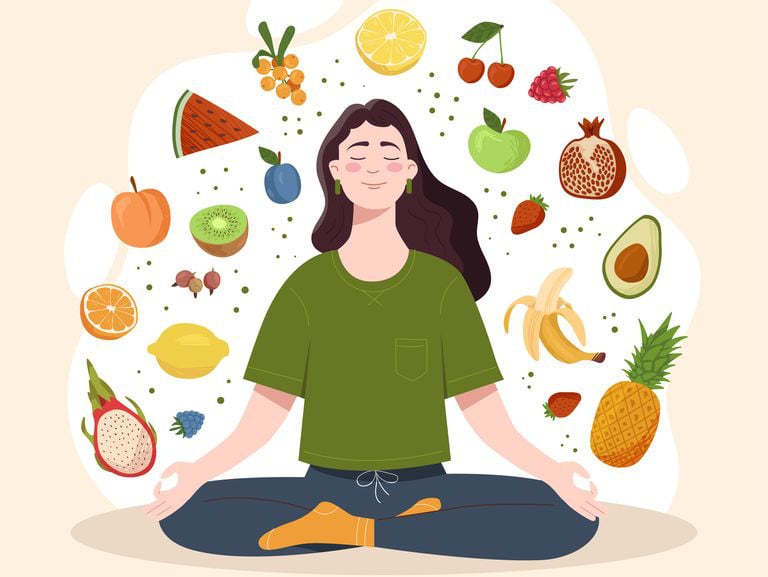
A healthy gut contains a complex mix of bacteria - Photo: Good Housekeeping
Not long ago, gut health was a term we mostly saw on yogurt pots. In recent years, everyone seems to be interested in ways to have “better gut health,” which can improve digestion and ward off serious diseases.
Many factors to improve gut health
Trillions of bacteria live in our digestive system, mainly in the large intestine, and come in thousands of different species. This community is called the “microbiome”. A healthy gut will contain a complex mix of bacteria, while a sick gut will have a less diverse mix of bacteria.
To promote good bacteria in the gut, it is important to eat a diet high in fibre, says Dr Sylvia Duncan, senior researcher at the Rowett Institute at the University of Aberdeen. She notes that fibre also increases stool bulk, which reduces constipation and helps remove toxins from the gut.
However, Dr Gwo-tzer Ho, a consultant gastroenterologist at the University of Edinburgh (UK), notes that the problem is not just about what we eat.
“Data suggests that lifestyle factors such as avoiding stress, getting good sleep, taking time to eat, holistic health measures such as ensuring a social environment at mealtimes, eating regularly and exercising will all contribute to good gut health,” he added.
While most bacteria in the gut are beneficial to our health, some can make us seriously ill. Dr. Jens Walter, professor of ecology, food and microbiology at University College Cork in Ireland, says that in addition to eating plenty of plant-based foods, fiber and healthy fats, it is important to avoid saturated fats and processed foods, especially processed meats.
Professor Tim Spector, a genetic epidemiologist at King's College London and gut expert, notes that a sign of good gut health is the ability to eat normal amounts of food without experiencing unpleasant symptoms. Good energy levels and good sleep quality are also signs of a healthy microbiome.
Meanwhile, digestive discomfort or irregular bowel movements may indicate that your gut is not functioning optimally. Gut health affects your overall health in many ways. Signs of poor gut health can vary.
Some less obvious signs of poor gut health include unintentional weight loss and dizziness, which signal that nutrients are being poorly absorbed; frequent infections, since much of the immune system originates in the gut; and anxiety or depression, since there is a link between the gut and mental health.
5 Ways to Build Gut Health
Eat a variety of plants
Aim to eat 30 different types of plants each week, including fruits, vegetables, legumes, herbs, spices, nuts, and seeds. Plants are rich in fiber, which feeds your gut microbiome. However, there are many different types of fiber, and different bacteria prefer different types, so it’s important to eat a variety of plants.
Eat colorful plants
More colorful plants tend to have more polyphenols. These compounds act as “fuel” that fuels the activity of gut bacteria.
Eat fermented foods
Fermented foods contain live bacteria, which support gut health. Fermented foods include live yogurt, some cheeses, kimchi, kombucha, kefir, and sauerkraut.
Give your bowels a rest.
Try to avoid eating too late at night, allowing your bowels to remain empty overnight. Certain gut bacteria will come out at night to “clean up” and help your gut recover and function optimally. If you eat too close to bedtime, these bacteria won’t have a chance to do their job.
Limit ultra-processed foods
These foods are high in unhealthy fats, sugars, and artificial sweeteners, which don't support healthy gut bacteria. They're also low in fiber and other nutrients that gut bacteria need to thrive.
Don't rely too much on advertising
There are now several companies offering gut microbiome testing. The process involves collecting a stool sample in a container, sending it to a lab, and waiting for scientists to report back on the types of bacteria they found.
However, Guts UK notes these tests do not provide a full picture of gut health, as they do not capture all the bacteria in a person's microbiome and individual results will vary depending on the sample.
Other options touted for better gut health include probiotics – live bacteria and yeasts taken as supplements or added to yogurt that are intended to restore a healthy balance of bacteria in the gut. However, because they are technically classified as foods, they are not regulated.
“I don’t think there’s good evidence that taking probiotics makes you healthier or helps prevent disease,” Dr Walter adds. “There’s some good evidence for using probiotics to treat irritable bowel syndrome or some infections.
Choosing the right probiotic is extremely difficult, even for experts. It is really difficult to get reliable scientific information on which probiotic to use".
Similarly, Dr Ho stressed that probiotics are “not a panacea” and that even with long-term use, it is difficult to alter the gut microbiota.
Source



![[Photo] Vietnam shines at Paris International Fair 2025 with cultural and culinary colors](https://vstatic.vietnam.vn/vietnam/resource/IMAGE/2025/5/4/74b16c2a197a42eb97597414009d4eb8)


![[Photo] General Secretary To Lam receives Sri Lankan President Anura Kumara Dissanayaka](https://vstatic.vietnam.vn/vietnam/resource/IMAGE/2025/5/4/75feee4ea0c14825819a8b7ad25518d8)
![[Photo] Bus station begins to get crowded welcoming people returning to the capital after 5 days of holiday](https://vstatic.vietnam.vn/vietnam/resource/IMAGE/2025/5/4/c3b37b336a0a450a983a0b09188c2fe6)

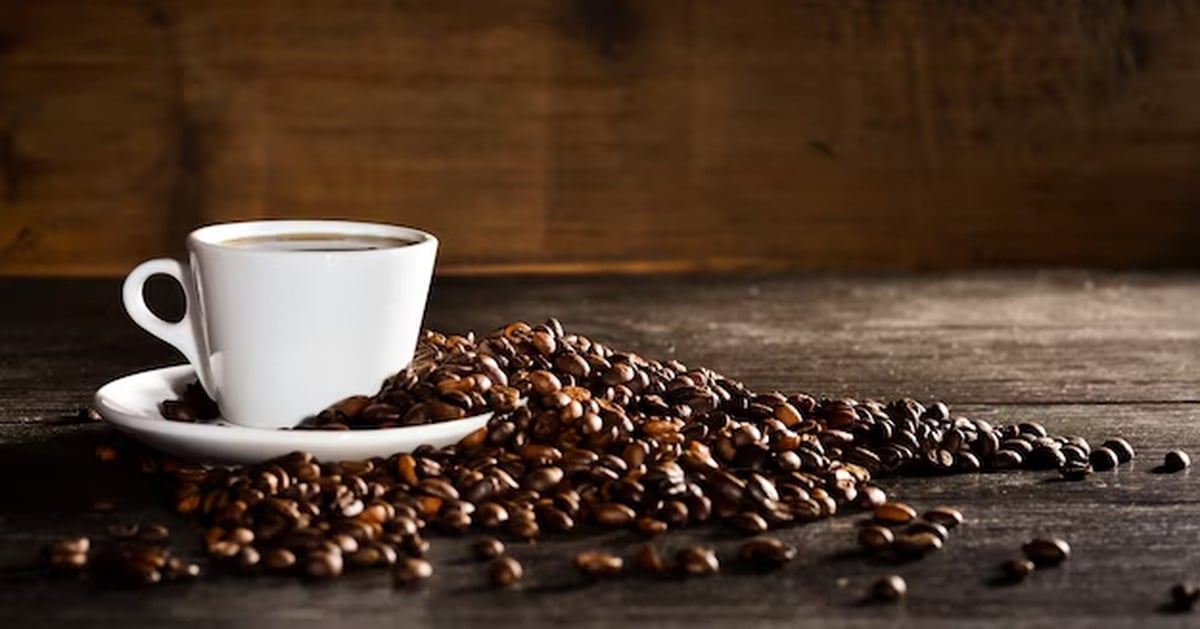
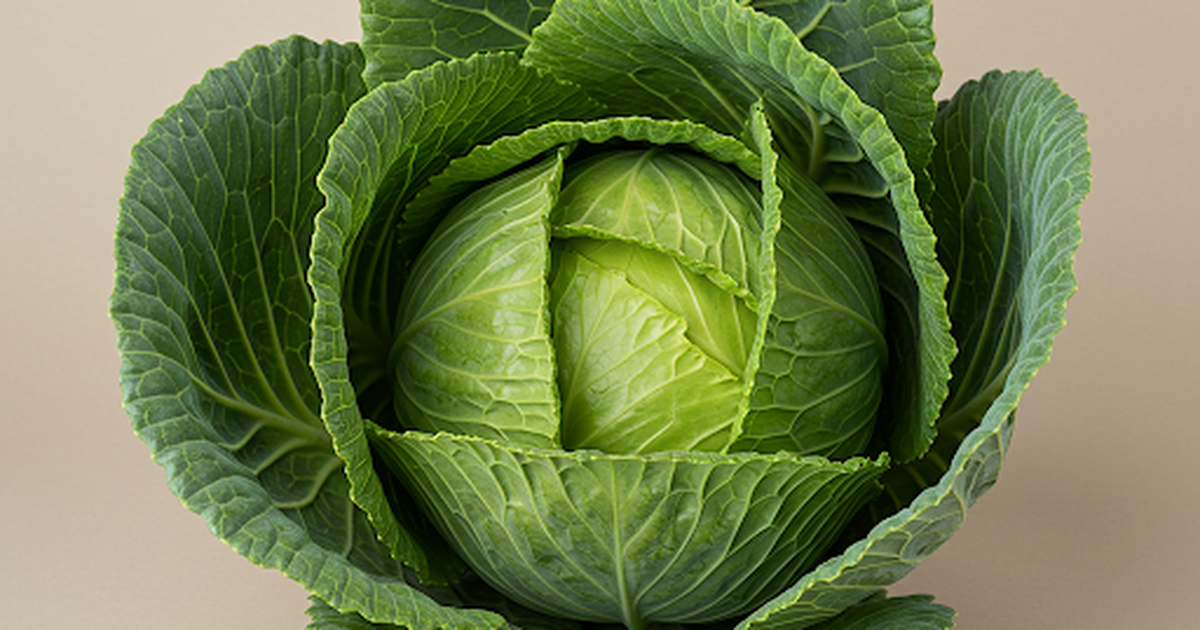

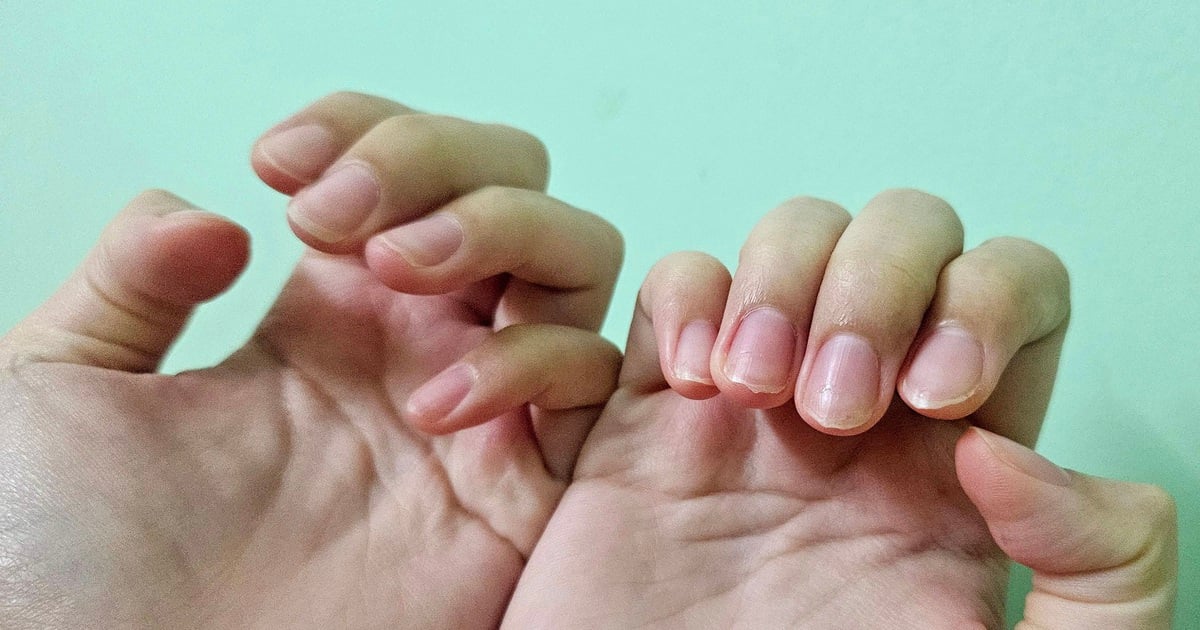


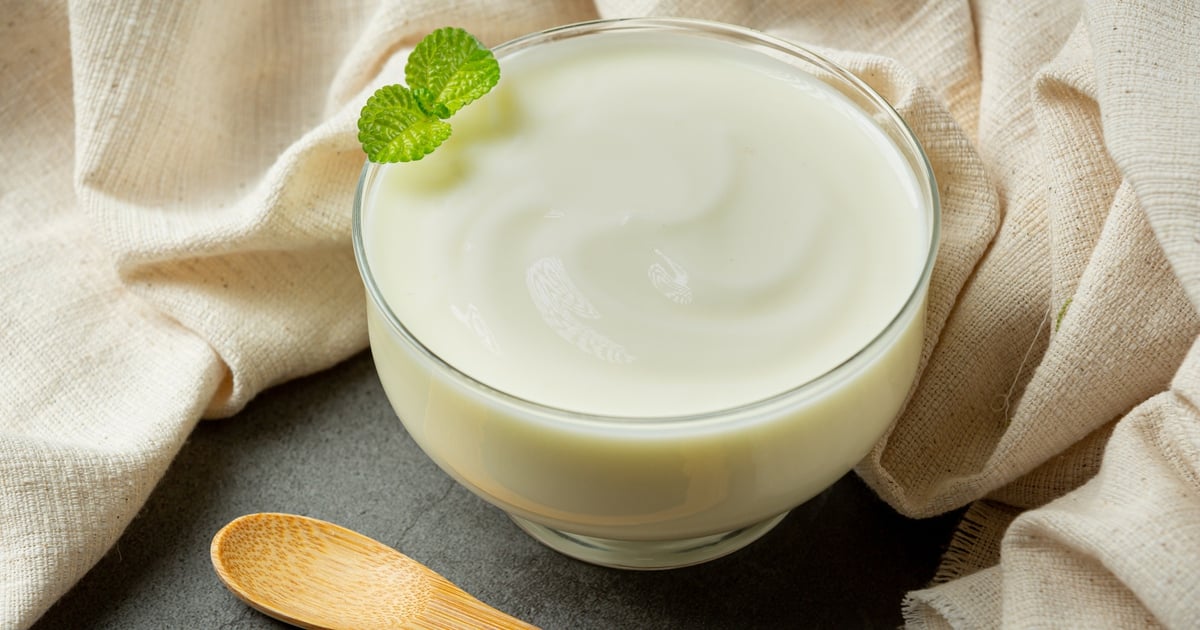




























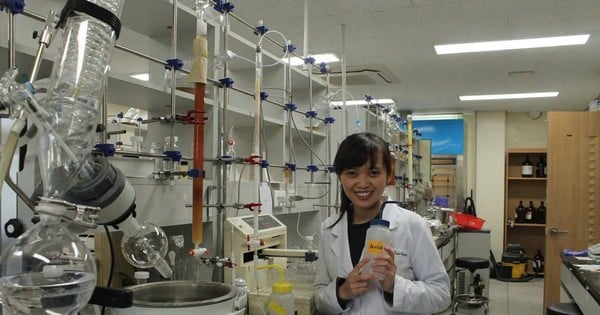













































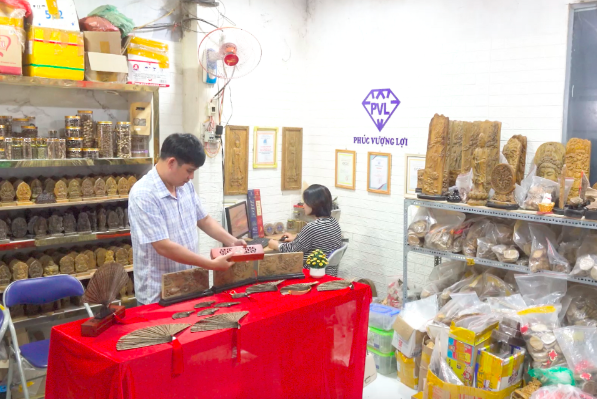



![[Video]. Building OCOP products based on local strengths](https://vstatic.vietnam.vn/vietnam/resource/IMAGE/2025/5/3/61677e8b3a364110b271e7b15ed91b3f)




Comment (0)